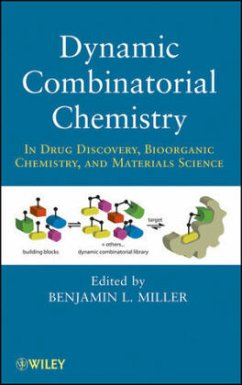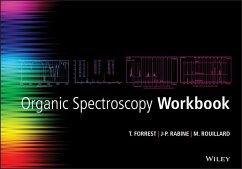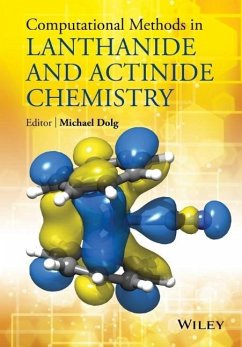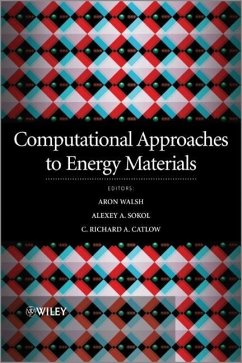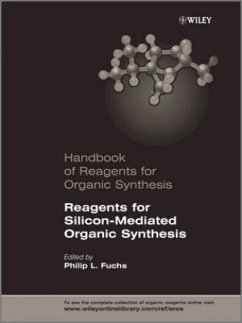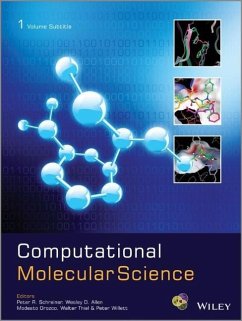
Reviews in Computational Chemistry, Volume 8

PAYBACK Punkte
160 °P sammeln!
Computational chemistry is increasingly used in conjunction with organic, inorganic, medicinal, biological, physical, and analytical chemistry, biotechnology, materials science, and chemical physics. The need for individuals in these fields to understand and stay abreast of recent developments in computational chemistry is paramount.
An "Computational Chemistry" führt heute in den meisten Disziplinen chemischer Forschung kaum noch ein Weg vorbei. Die Bände 8 und 9 der erfolgreichen Reihe 'Reviews in Computational Chemistry' helfen Ihnen durch ihr gewohnt verständliches, mathematisch nicht überladenes Konzept, den Überblick über Methoden und Programmen zu behalten - gerade dann, wenn Sie sich nicht täglich mit Quantenchemie und Großrechnern beschäftigen! Schritt für Schritt werden Hintergründe und Theorie von Molecular Modeling, CAMD, Quantenchemie, Molekülmechanik und -dynamik sowie Struktur-Aktivitäts-Beziehungen (QSAR) erklärt, Anwendungsgebiete, Vor- und Nachteile diskutiert. Der Interessent findet aktuellste Literaturangaben.
Nicht nur für Bibliotheken geeignet!
Not only a major reference work for sale to the library market, this series is now receiving an increase in purchases by individuals. This increase is due to the explosive growth in the use of computational chemistry throughout many scientific disciplines
As each volume does not follow a singular theme, the table of contents is a vital tool in the defining the areas examined by a volume
The series contains updated and comprehensive compendiums of molecular modeling software that list hundreds of programs, services, suppliers, and other information that every chemist will find useful
Detailed author and subject indices on each volume help the reader to quickly discover particular topics
Uniting the most respected authors in their fields, the series is designed to help the reader stay abreast of the many new developments in computational techniques
The chapters are approached in a tutorial manner and wirtten in a non-mathematical style allowing students and researches to access computational methods outside their immediate area of expertise
Nicht nur für Bibliotheken geeignet!
Not only a major reference work for sale to the library market, this series is now receiving an increase in purchases by individuals. This increase is due to the explosive growth in the use of computational chemistry throughout many scientific disciplines
As each volume does not follow a singular theme, the table of contents is a vital tool in the defining the areas examined by a volume
The series contains updated and comprehensive compendiums of molecular modeling software that list hundreds of programs, services, suppliers, and other information that every chemist will find useful
Detailed author and subject indices on each volume help the reader to quickly discover particular topics
Uniting the most respected authors in their fields, the series is designed to help the reader stay abreast of the many new developments in computational techniques
The chapters are approached in a tutorial manner and wirtten in a non-mathematical style allowing students and researches to access computational methods outside their immediate area of expertise






